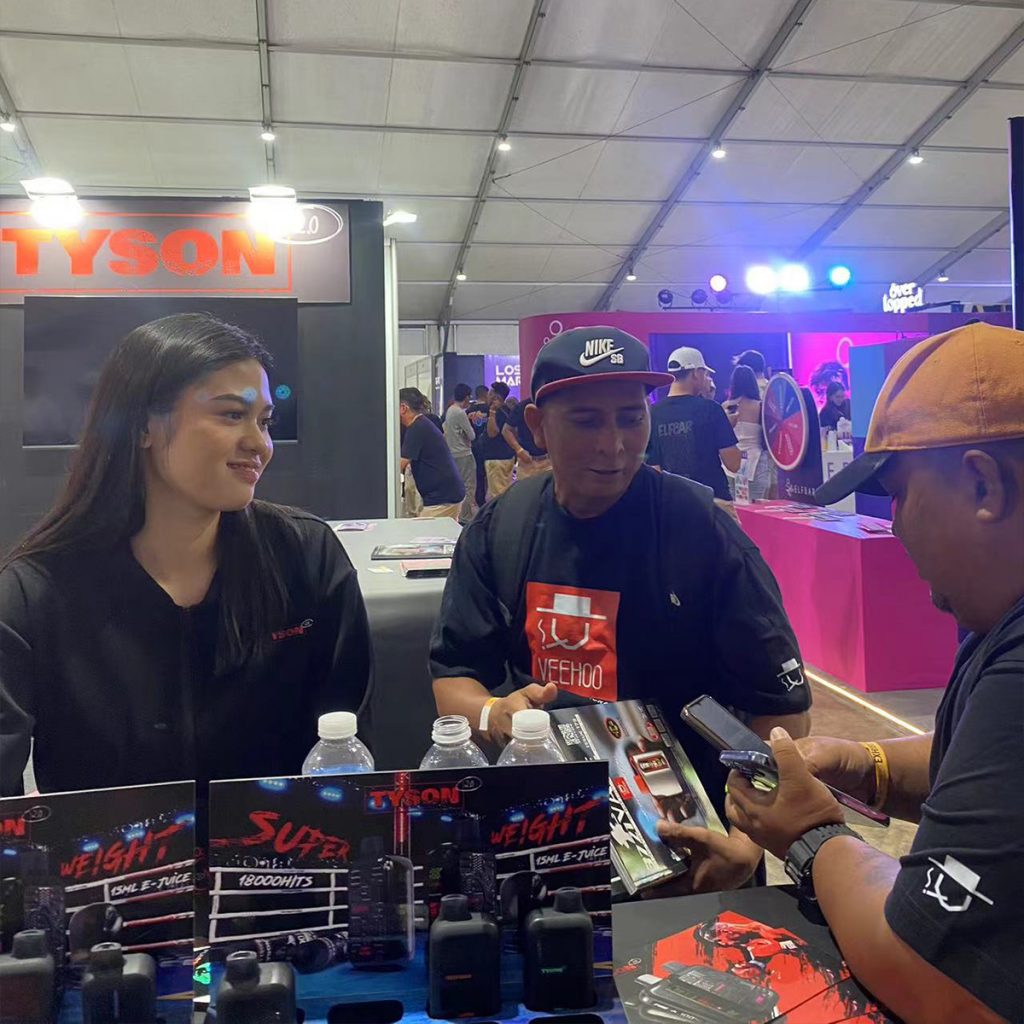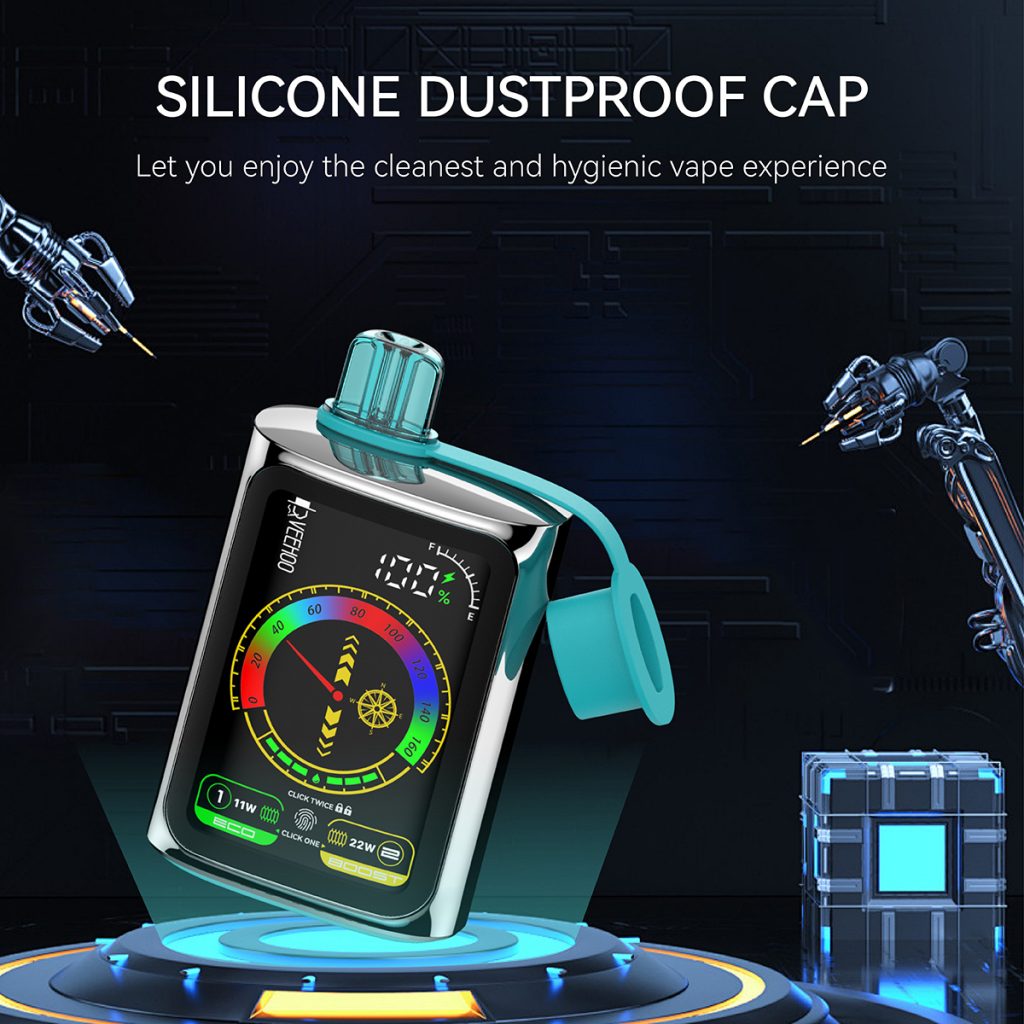According to a report by Australian media news on April 12, this week, an academic in New South Wales, Australia, proposed to the parliament to set up an “vape zone” in schools to target the compliance of vapes in New South Wales.
At a hearing on April 12, Colin Mendelsohn, chairman of the Australian Tobacco Harm Reduction Association, said that the current regulatory measures on the vape industry are being widely questioned by the public. Regarding the problem of a large number of teenage vape users, Dr. Mendelson’s plan is to allow those teenagers who are suffering from nicotine dependence to use vapes in certain areas of the school with their parents’ permission.
“It’s not about liberally allowing this to happen, it’s about accepting that some kids are addicted. No matter how we stop them from vaping, we want to minimize the harm they pose to the classroom.”

Mendelson believes that vapes are one of the relatively small risk behaviors of teenagers, and he personally hopes that his children or grandchildren will use vapes instead of smoking, drunk driving, drug abuse, and sexual violence.
“The risks to children from vaping are much smaller than other risks.”
Currently, New South Wales allows the sale of vapes without nicotine. However, it was learned at a parliamentary hearing in the state that many vapes containing nicotine are sold without labeling. Recent changes to Australian federal law ban the import of disposable and non-therapeutic vapes, making it legal but regulated for doctors or nurses to prescribe vapes to people who have quit smoking or are dependent on nicotine.
The scholar’s proposal was countered by officials from the state’s health and education departments. They say vapes have even more disturbing impacts on young people and the wider community. Rowena Ivers, an academic from the Royal Australian College of General Practitioners (RACGP), said that while there were early indications that vapes were effective in smoking cessation, their long-term effects had yet to be confirmed.
Evers said doctors prescribing vapes should be mandated to come in the same plain packaging as cigarettes.
Tracey O’Brien, the state’s chief oncology officer, said there is currently no evidence to show how deadly vapes are.

“There is no conclusive evidence that vapes cause cancer, but I would be cautious about saying that because we haven’t had enough time to prove it. It took decades to prove that smoking caused cancer, until the 20th century. It was only in the 1960s that we learned that smoking caused lung cancer, and a few decades later we now know that 15 other cancers besides lung cancer are also caused by smoking. We do know that vapes contain about 200 chemicals. There are concerns about the health effects on adolescents, particularly with regard to cancer.”
Martin Graham, an official with the state’s Department of Education, said vaping is a “rapidly growing health problem.”
“This is definitely a health issue that all schools are aware of and we’re treating it completely as a health issue. So if we take any action, it’s not just educating them on why they shouldn’t vape, it should be promoting them Smoking cessation, like helping them get off vapes, is a really important part.”
Department of Health chief officer Kerry Chant said she was concerned about the impact of vapes on young people’s mental health.
“Our concern is that if someone is using it for anxiety, depression or any other reason, then it might actually exacerbate those conditions and you get a cycle of young people vaping to relieve stress but then … They become addicted to nicotine and then when they try to stop, they actually develop all the symptoms of anxiety.”
VEEHOO vape is a well-known vape manufacturer with extensive sales in various regions of the world. As an alternative to traditional cigarettes, it is promoted as a safer smoking option because it does not burn tobacco, reducing the harmful substances produced by combustion. However, the long-term effects and potential risks of vapes remain controversial.

Scholar Dr. Colin Mendelson’s proposal believes that setting up vape zones in specific areas of schools can provide a relatively safe smoking environment for teenagers who are already suffering from nicotine dependence. He believes that compared to other risky behaviors, vapes are less risky for teenagers and can reduce the harm to the classroom.
However, the proposal was pushed back by officials from the NSW Health and Education Departments. They believe vapes may have more disturbing effects on young people and communities. Dr. Lorena Evers noted that the long-term effects of vapes have not yet been confirmed, and that popularization may make smoking a more common behavior. Ms Tracey O’Brien also expressed concerns about the potential impact of vapes on young people’s health.
Amid this controversy, VEEHOO vapes, as a member of the vape industry, are facing regulatory challenges and public concern. While advertising emphasizes their relatively low risks, the long-term effects of vapes require more research and evaluation. Both supporters and opponents of vape zones in schools are calling for tighter regulation and more comprehensive scientific research.

In developing relevant policies, policymakers need to balance the need to protect public health with the need to combat nicotine addiction. As a company in the industry, VEEHOO vapes should actively participate in and support relevant scientific research to ensure product safety and compliance. In addition, by providing clear labeling and warnings on product packaging, VEEHOO vapes can help consumers make informed choices and strengthen restrictions on youth use.
As research into vapes continues, policymakers will need to make careful decisions based on the latest scientific evidence to ensure the health of young people is protected and anti-smoking goals are achieved
Tags: Set up vape areas in schools,Australian scholar’s proposal sparks controversy,veehoo vape